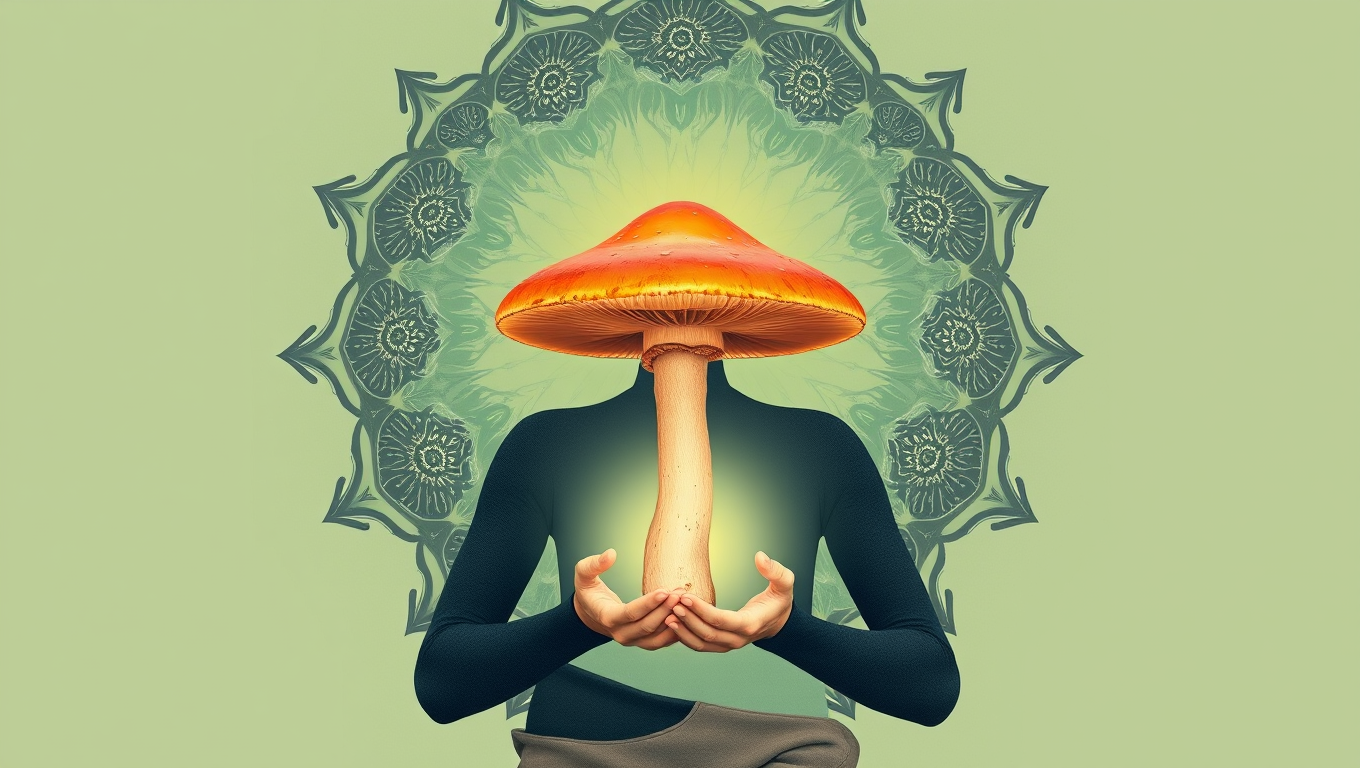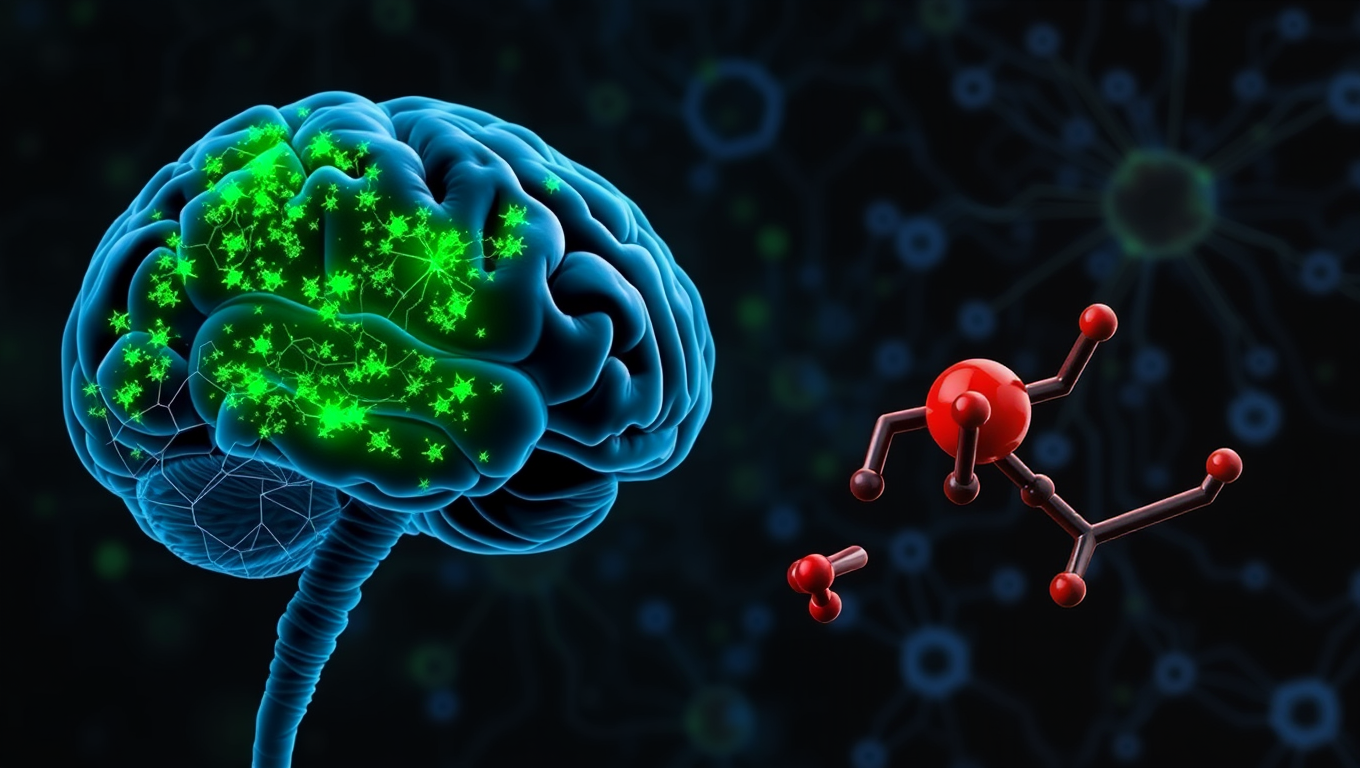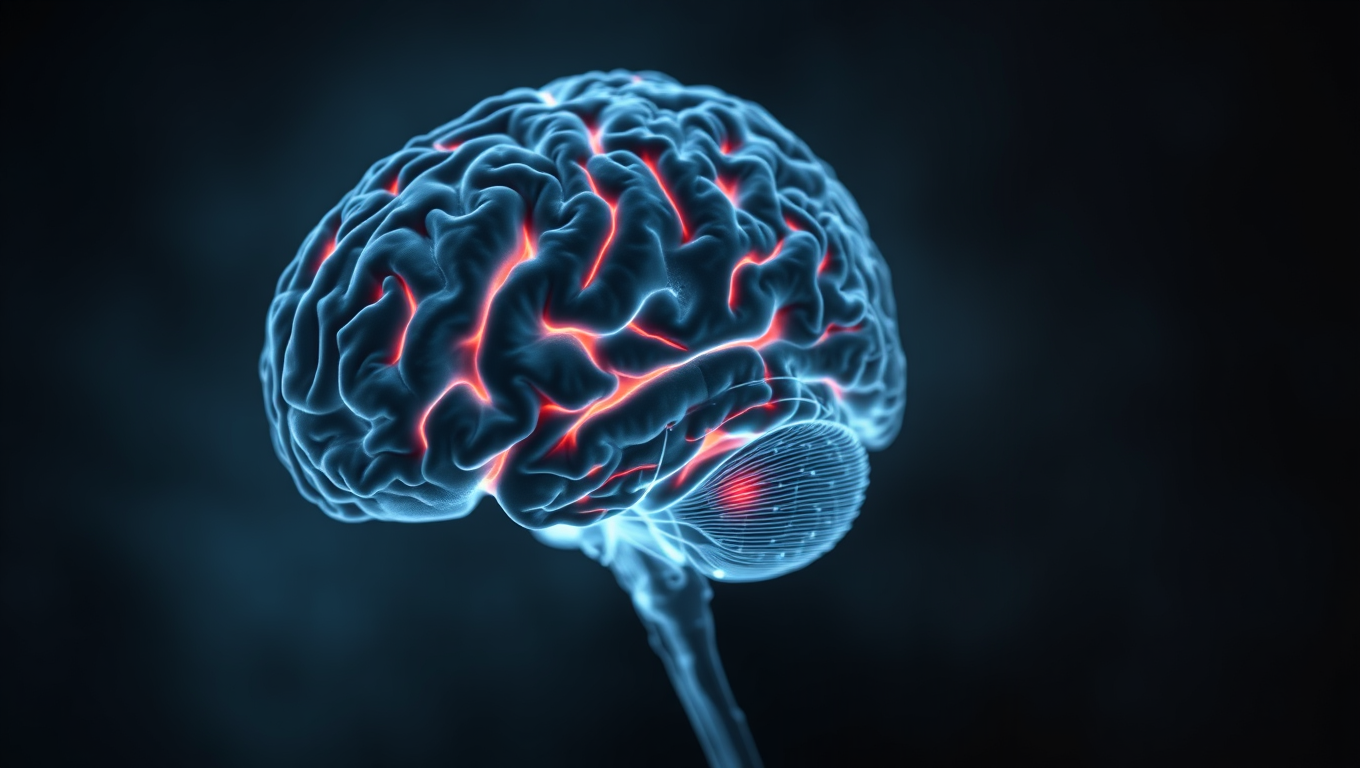While we try to keep things accurate, this content is part of an ongoing experiment and may not always be reliable.
Please double-check important details — we’re not responsible for how the information is used.
Depression
Psilocybin Use Spikes Nationwide, Especially Among Those with Mental Health Conditions
Use of psilocybin, the hallucinogenic chemical found in what is known as ‘magic mushrooms,’ has increased significantly nationwide since 2019, according to a new study.

Depression
Uncovering the Link Between Sensitivity and Mental Health Conditions
Researchers analyzing 33 studies found strong evidence that highly sensitive people are more prone to depression and anxiety but also more likely to benefit from therapy. Since about 31% of the population is highly sensitive, experts argue that clinicians should consider sensitivity levels when diagnosing and treating mental health conditions.
Depression
Groundbreaking Discovery Offers Hope for PTSD Patients
Researchers discovered that PTSD may be driven by excess GABA from astrocytes, not neurons. This chemical imbalance disrupts the brain’s ability to forget fear. A new drug, KDS2010, reverses this effect in mice and is already in human trials. It could represent a game-changing therapy.
Depression
The Unseen Toll of the Pandemic: How Stress and Isolation May Be Aging Your Brain
Even people who never caught Covid-19 may have aged mentally faster during the pandemic, according to new brain scan research. This large UK study shows how the stress, isolation, and upheaval of lockdowns may have aged our brains, especially in older adults, men, and disadvantaged individuals. While infection itself impacted some thinking skills, even those who stayed virus-free showed signs of accelerated brain aging—possibly reversible. The study highlights how major life disruptions, not just illness, can reshape our mental health.
-

 Detectors10 months ago
Detectors10 months agoA New Horizon for Vision: How Gold Nanoparticles May Restore People’s Sight
-

 Earth & Climate11 months ago
Earth & Climate11 months agoRetiring Abroad Can Be Lonely Business
-

 Cancer11 months ago
Cancer11 months agoRevolutionizing Quantum Communication: Direct Connections Between Multiple Processors
-

 Albert Einstein11 months ago
Albert Einstein11 months agoHarnessing Water Waves: A Breakthrough in Controlling Floating Objects
-

 Chemistry10 months ago
Chemistry10 months ago“Unveiling Hidden Patterns: A New Twist on Interference Phenomena”
-

 Earth & Climate11 months ago
Earth & Climate11 months agoHousehold Electricity Three Times More Expensive Than Upcoming ‘Eco-Friendly’ Aviation E-Fuels, Study Reveals
-

 Agriculture and Food11 months ago
Agriculture and Food11 months ago“A Sustainable Solution: Researchers Create Hybrid Cheese with 25% Pea Protein”
-

 Diseases and Conditions11 months ago
Diseases and Conditions11 months agoReducing Falls Among Elderly Women with Polypharmacy through Exercise Intervention





























